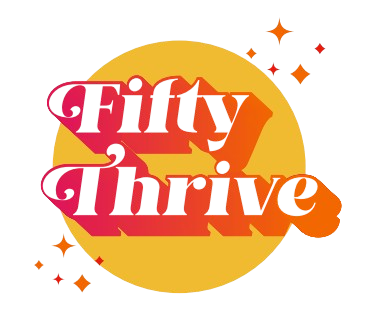Support networks provide stability by offering consistent validation and empathy. Sober friends and peer groups share their own experiences and coping strategies, helping others navigate emotional challenges. Therapy and counseling further reinforce emotional well-being by addressing underlying issues and teaching stress Alcoholics Anonymous management skills.
- Two well-known support groups for sobriety are Alcoholics Anonymous (AA) and SMART Recovery.
- Sober housing clusters will be designed to accommodate persons who are physically and mentally challenged.
- These programs are particularly valuable for those who want localized, real-world guidance and the opportunity to learn in a cohort setting.
Using technology to support outpatient addiction treatment

Re-establishing ties with family members is a pivotal aspect of long-term recovery. However, it’s necessary to process past grievances and rebuild trust gradually, often through family therapy. This careful approach creates a nurturing environment that aids recovery.
- As digital networks grow, more individuals are achieving long-term recovery with the help of addiction recovery tech.
- This kind of support is important for you to feel safe in your sobriety, and for you to gain confidence in your ability to remain sober.
- More than just a safety net, a strong sober support network also equips you with essential life skills to rebuild damaged relationships and foster deeper, more meaningful connections.
The Impact of a Supportive Environment in Residential Addiction Treatment
- It is essential for individuals to be aware of these risk factors and develop effective coping mechanisms to navigate these challenges without resorting to substance use.
- Such networks have been shown to significantly reduce the risk of relapse, increasing the likelihood of long-term recovery success.
- A primary step involves participating in structured support groups such as Alcoholics Anonymous (AA), SMART Recovery, or other community-based programs.
- Recovery isn’t just about abstaining from substances; it’s also about restoring personal and social well-being.
- For more information on support groups, refer to our article on support groups for sobriety.
Your usual hangout spots, weekend routines, and even daily habits might suddenly feel off-limits or empty without the people you used to share them with. Joining a softball league, for instance, lets you build camaraderie through a shared interest rather than a shared sobriety. Oxford House provides open-source manuals and training packets that explain how to establish and manage a self-run sober living home.
Identifying and Avoiding Toxic Relationships
This may involve distancing yourself from individuals who still engage in substance use or environments that may trigger cravings. Surrounding yourself with a supportive and understanding social circle can make a significant difference in your recovery journey. The inclusion of professional assistance and recovery groups can significantly enhance your sober support network.

As digital spaces evolve, more addiction treatment programs will incorporate online tools into care. At Rize OC, we believe in using every available resource to build sober communities that lead to a healthier, more connected future. It’s a journey that takes courage, persistence, and, just as importantly, a strong support network. If you’re wondering how to build and maintain a support system that truly helps, Bright Futures Treatment Center will walk you through it. From explaining the importance of community to practical tips for building a sober support network for long-term recovery, we’ve got you covered. Engaging with others who are also committed to sobriety can be incredibly beneficial.
This tactic allows you to engage meaningfully with attendees before the environment potentially becomes uncomfortable. Some people in recovery find that having just a handful of people to lean on helps and having a loved one. As you focus on recovery, it’s crucial to recognize and distance yourself from negative influences. Surrounding yourself with those who engage in substance use or drain your emotional energy can undermine your progress. To build a healthier environment, evaluate your current relationships and proactively make changes where necessary. Someday there will be recovery sober networking supportive housing and community centers throughout the United States.
The Role of Private Therapy in Luxury Addiction Recovery Programs
Engaging with others who value sobriety offers real-time feedback and support when facing triggers or stress. Online social rituals like sober meetups, wellness challenges, or Q&A sessions with addiction specialists offer safe alternatives to traditional drug treatment programs. These activities build lifelong friends and boost motivation through personal transformation. One of the most well-known, Sober Grid, was co-founded by Nick Krasucki, who shared his personal journey with NBC News. These apps for people in recovery track progress, offer daily reflections, and help users find the nearest detox center or treatment options.
How to Address Loneliness During Recovery
Developing skills to manage everyday stress can further bolster these strategies. Engaging in hobbies, attending recovery meetings, and practicing self-care rituals solidify recovery efforts. Ultimately, these strategies form a comprehensive approach to maintaining sobriety. These networks foster accountability, as individuals are held answerable to others, helping them make better choices regarding their sobriety. Positive peer pressure within the network encourages healthy habits and routines, reinforcing commitment to recovery.
We’ll give you skills to discover your self-worth and show you the tools for a life of hope and promise. Incorporating professional help into a support system is essential for long-term recovery success, significantly reducing the chances of relapse. To facilitate this, consider setting aside time for check-ins with friends and family. Use these moments to identify areas where you feel supported and where you may need additional help. The more specific you are about your needs, the easier it is for others to provide the right kind of support.
